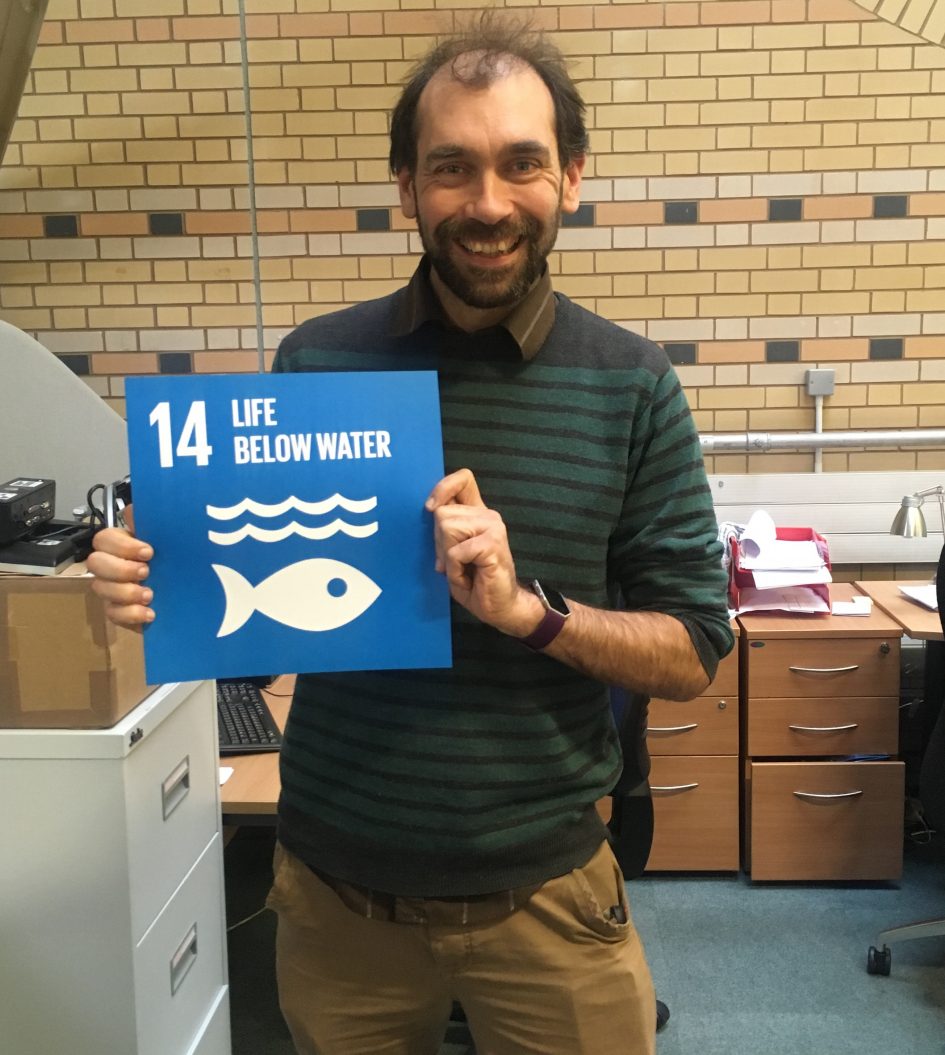This case study describes a novel approach of partnership working towards sustainability education, with local people being invited to co-learn alongside Masters students in timetabled classes…
What was the programme or module?
The Module is “Leading Change for Sustainability” (LCS), which is in elective within two DMU Masters degrees: MSc Energy and Sustainable Development and MSc Energy and Sustainable Building Design. There are typically 10-20 students on the course, both attending and distance learners
LCS is concerned with understanding how to change human behaviour and social systems to promote sustainable development, focusing on the environmental aspects of sustainability. The module examines behavioural choices, drawing on psychology and sociological theories and looks at theories of social and behavioural change. Students are encouraged to develop their skills as reflective practitioners through small-scale behaviour-change projects done during the course.
What happened?
Overview: Enabling co-learning on sustainability between DMU students and local stakeholders via “open classes”
This practice came about via a DMU Teaching Innovation Project in 2016/17, linked to a review of the module to enhance the real-world relevance of the content. The innovation was to bring together students on LCS with local stakeholders with a personal/professional interesting in sustainable development to learn together in class. This was done to enhance students’ learning (by hearing the experiences of those active in the field) and to provide an opportunity for learning and reflection for practitioners. This was linked to DMU’s agenda to promote the public good – putting our knowledge “to work” in the wider community.
LCS features 12 half-day timetabled classes. Three of these were advertised locally as free public events and two evening events were organised open to students and the public. Forty eight local stakeholders joined the course cohort of 10 students in these 5 sessions. Stakeholders were either: academics or students; professionals from business, local government, or the voluntary sector; interested members of the public. They gained no accreditation for their attendance, although some logged their time as Continuous Professional Development.
Feedback from both students and stakeholders was generally positive. Both reported enhanced learning and network development. The main challenges that emerged were around the time taken to organise, promote and follow-up events, and managing different levels of confidence and knowledge in the classroom (see below). Due to time constraints, in 2018/19 this approach is being continued but via invite-only to DMU staff and students and local stakeholders that collaborate with IESD staff on research and community activity.
Which SDGs link to this subject?
The module focuses on the environmental aspects of sustainability, so the practices we explore relate most to #7 (Affordable and Clean Energy), #12 (Responsible Consumption and Production), #13 (Climate Action) and biodiversity (#14 and #15).
Goal #17 (Partnerships for the Goals) is a key organising principle, as the module seeks to involve members of the local sustainability practitioner community as guest contributors and co-learners.
Why are the SDGs important to this subject?
I believe that the SDGs offer us all something inspiring to work towards in our society. In particular, I have been passionate about action on climate change for many years. I see partnership working as crucial, as it is only through governments, businesses, the voluntary sector and the public working together that things will change, which is why I have looked to mirror that partnership approach through my module.
“The student-practitioner learning environment has been really good” Student after open class
What went well?
This approach has worked well with more mature, self-confidence students – it may not be as effective at undergraduate level or with a relatively young group. Opening up only a minority of classes in this way seems to offer the right balance of fairness (as guests are engaging with the course free of charge) and maintaining the sense of identity and cohesion of the student group. Community stakeholders may lack confidence in a classroom environment and be unfamiliar with other themes from a course, so content needs to be pitched at an accessible level.
Discussion activities add value and knowledge exchange, but benefit from careful design to ensure that less-confident voices can be heard – in particular, practitioners can dominate subgroup and whole group discussion if this is not managed carefully. An invite-only or public event approach could be used – they each have pros and cons.
Contact:
Dr Andrew Reeves, Senior Lecturer within the Institute of Energy and Sustainable Development. Co-ordinator of the Education for Sustainable Development Forum at DMU. Email: areeves@dmu.ac.uk; Tel: 0116 250 6569
This post is one of a series of case studies describing teaching and learning activities linked to the SDGs at DMU.


Leave a Reply